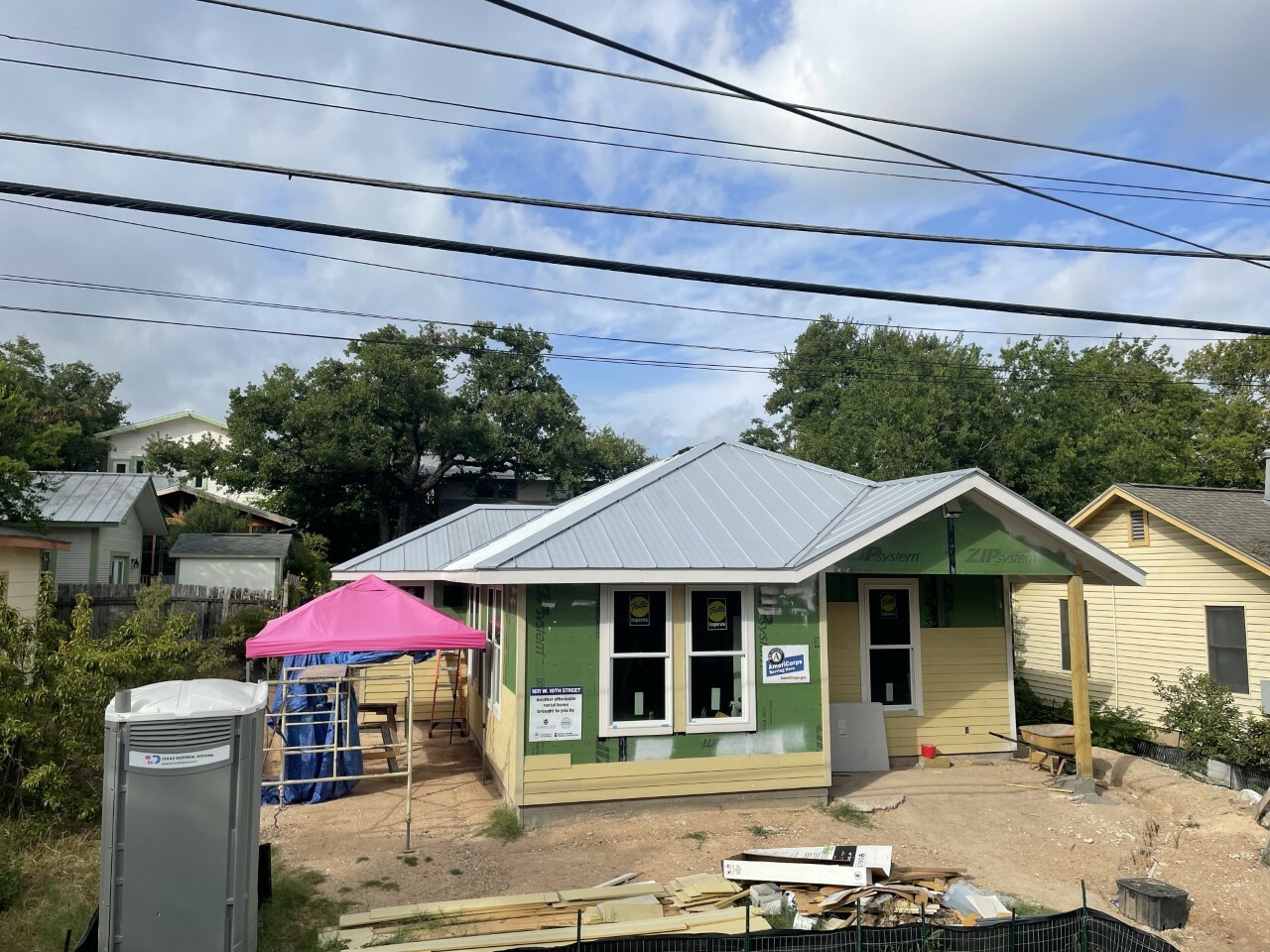Advancing Economic Opportunity in Austin
Posted on 12/22/2022 by David Bader

-

Written by David Bader
President of Bank of America Austin
Austin is on fire. As we navigate through inflation in a post-pandemic Austin, our city continues to not only persevere but grow. While business and those who can afford to live in the city relish at the booming town, many communities are grappling with affordability issues and the effects of economic and social inequality. These residents are having to leave homes they have lived in for decades to move to small towns outside of the city. Austin has become unaffordable.
This problem has been on the minds and hearts of my team at Bank of America. We believe that as a business community, we must deliver for our shareholders and society, including working across sectors to address our most pressing issues and often serving as a catalyst to help advance economic opportunity for everyone.
With this in mind, we have invested more than $32.5 million in Central Texas organizations this year – addressing needs related to affordable housing, women and minority-owned businesses, education, workforce development, community revitalization and the arts. This includes equity investments in minority funds, financing affordable housing developments, and grants to nonprofits working to advance economic mobility.
With a particular focus on workforce development and affordable housing in the Austin area, Bank of America supported dozens of organizations working to make Central Texas more equitable and accessible to all. A few of the programs and organizations supported this year include:
- The Clarksville Community Development Corporation’s (CDC) Affordable Housing Program, which provides low-income residents with affordable housing West of I-35 in the Clarksville neighborhood. The grant from Bank of America has enabled CDC to partner with American Youthworks, another BofA grantee, to construct a 2-bedroom, 2-bath single-family affordable rental home, located at 1611 W. 10th Street, for a low-income family without having to take on debt. The expected completion date is February 2023.
- Code2College, which is working to increase the number of minority and low-income high school students who enter and excel in STEM majors and careers. The grant will help build its team for the growth planned for the upcoming program year as well as support the newly launched the “Next 3,000 Initiative,” which includes engaging with 2,000 Texas students and placing over 400 high school students - who are mostly Black, brown and girls - into paid software engineering and other technical internships prior to pursuing a college degree. By Summer 2023, Code2College will place 125 Austin area high school students into paid summer internships, and this will increase to 500 Austin area high school students annually by Summer 2024.
- JUST, which uses a model of providing equitable capital to women in a safe and trusting environment to help create economic opportunity by changing beliefs, motivations, and behaviors. The grant will increase capital and expand the organization’s presence throughout Austin by growing development services, increasing outreach and building its loan pipeline. A portion of the funds will expand the JUST Entrepreneur Trust Agent (JETA) program, enabling the organization to reach clients across Central Texas from San Marcos to Georgetown.
- Investments in business education and entrepreneurship at Huston-Tillotson University, St. Edward’s University, and The University of Texas at Austin to support diverse students from low-income families, many who are first in their families to go to college. Each program provides unique opportunities to students of color that will advance their careers.
Building on its philanthropic support, Bank of America continues to make health and safety a top priority for our employees and the Austin community. Earlier this year, the company announced it would make a $100 donation to local hunger relief organizations and food banks for each employee who received a coronavirus vaccine or booster, resulting in a $40,000 contribution to the Central Texas Foodbank. Building on this momentum, the bank launched a second similar campaign in the fall. As a result, Austin employees raised an additional $25,000 for the Central Texas Food Bank to support the increased needs during this important time of year.
The bank recognizes the long-term benefits of investing in community nonprofits and other organizations that are creating programs to help vulnerable neighbors fight poverty, find stability and achieve economic advancement and we applaud businesses who are working alongside us. Together, we are helping provide opportunities for Austinites in need to afford and live in our city.
Related Categories: Membership, Education and Talent